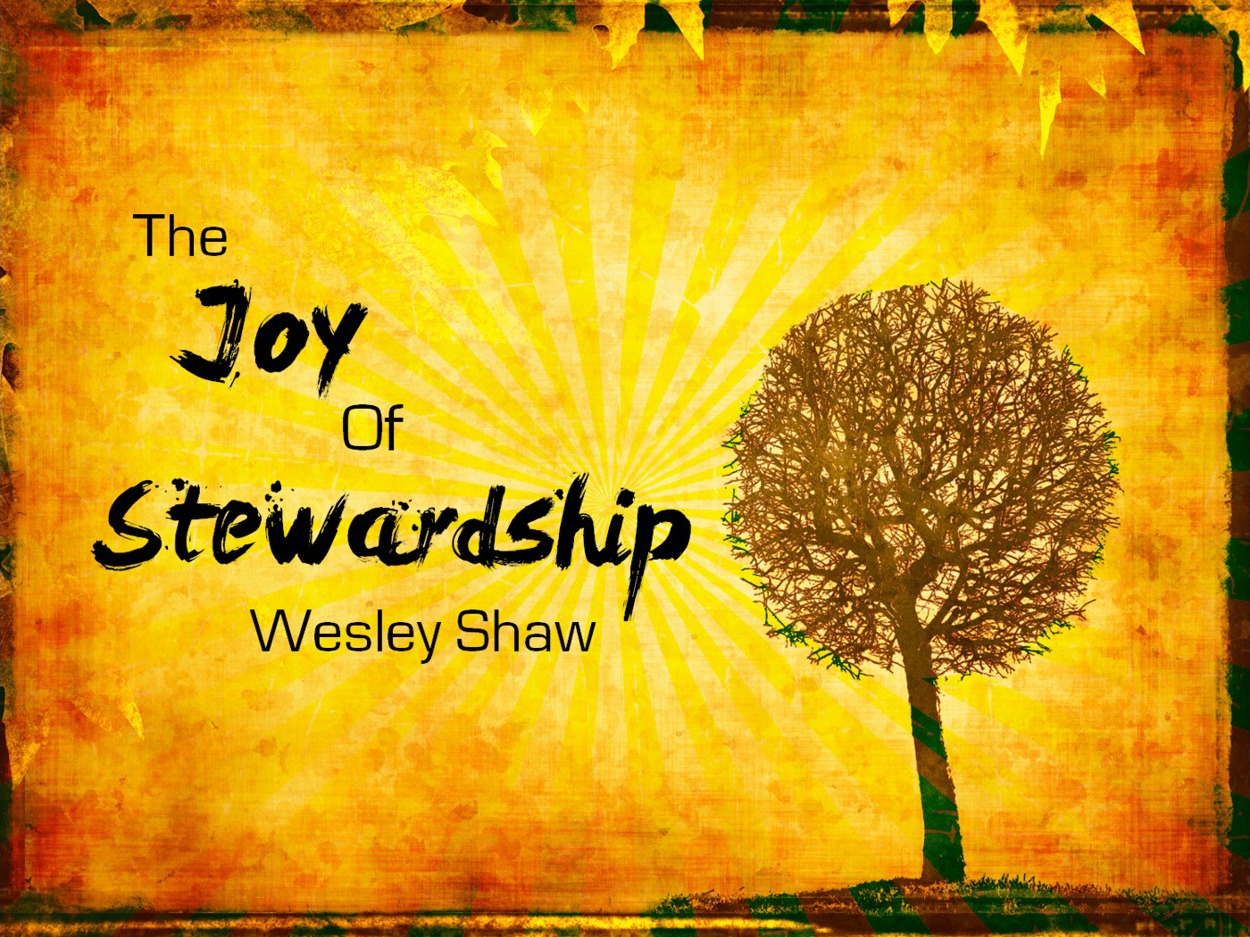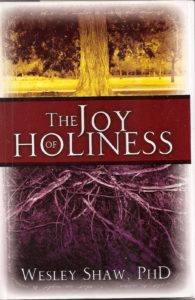By Wesley Shaw
Nelsons Illustrated Bible Dictionary defines stewardship as “the management of another person’s property, finances, or household affairs.” In particular, as far as Christians are concerned, “stewardship involves the responsibilities of managing God’s work through the church.”1 In fact, Christians are appointed stewards on earth. The example of Paul the Apostle shows that stewardship is not an option. (See I Corinthians 9:17.) The parable of the talents in Matthew 25:14-30 indicates that Christians are accountable for the way they manage God’s business.
This includes: preaching of the Word (Colossians 1:24-28), supporting the church financially (Acts 4:32- 37), and ministering to the sick and needy (Matthew 25:31-46). We can see from this short synopsis that, stewardship is a very large subject, one that involves all the affairs of God’s business.
To bring it down to a personal level, our focus will be on how the parable of the talents should impact us individually and place more peace and joy in our lives.
Jesus began the discussion on this parable in Matthew 25:14 with, “The kingdom of heaven is as. . . .” His words in effect defined heaven as “the joy of the Lord” when He receives His redeemed into heaven saying, “Enter into the joy of the Lord.”
We may assume that when we use those God given abilities or talents effectively for His kingdom it will effectively produce joy in our lives. Whether our talents are in preaching, teaching, playing music, leadership or administration, witnessing, helping, praying or whatever capacity, they must be exercised and utilized.
Jesus’ use of the golden talent coin was exemplary in a dual nature as are all His parables. His example portrays both spiritual talents or abilities, of which we mentioned a few, and physical talents which would, of course, include money, property, both real and personal, not the least of which would be our bodies. It is significant to note that Jesus specified that all these possessions were only on loan. The old street phrase that “you can’t take it with you” aptly describes the nature of the Christian’s walk. Whatever we have in this life, whether in personal abilities or possessions, including our children and people in our church family, are only on loan to us for our short lifetime. We are under a mandate from the Lord to develop all these talents to the maximum for the cause of Christ.
In the parable, Jesus commended both the man with live talents and the man with three, because in exercising or utilizing their particular talents they had doubled in value. The one with five now had ten. The one with two now had four. However, the man with one talent was chastened because instead of using it he buried it. Jesus said, at least you could have taken it for usury. In other words, Interest could have been earned, it could have been at least marginally productive.
However, Jesus would have rather had a full investment of that particular talent. His example also indicates that everyone has at least one talent that can be used and His criteria for judgment is not in the number of talents that we possess but rather in their effective use for His kingdom. It seems that one of the most difficult subjects for any pastor or minister to discuss is that of the physical golden talent. Politicians speak of soft money and hard money, but Jesus spoke of the golden talent. Christians sometimes argue that tithing was just an Old Testament phenomenon and to a certain extent this is true. The 10% tithe was a beginning discipline for God’s people.
Jesus said that really 100% belongs to Him. He has just made a loan to us for a short time. Some have a larger loan than others, and of those more is expected. Without good financial stewardship Christians can fall into the same financial bondage as do many non-Christians. The noted financial planner Larry Burkett, states the following: “Financial bondage can result from a lack of money and overspending. True financial freedom requires that we be good stewards. That is only possible with self-discipline. Everybody needs a budget.”
The Bible texts that cover the basic areas of our life, are as follows: Tithe – Malachi 3:8; Taxes – Matthew 22:17; Family Needs – I Timothy 5:8; Debts – Psalm 37:21 , Surplus – II Corinthians 8:14. Those available surpluses can be used to create wealth which can be used for the church’s needs as well as personal emergency and retirement needs.
Christians can effectively build wealth through investing in real estate, beginning with the purchase of a home and then through investing in socially responsible stocks, bonds and mutual funds. Jack A. Brill and Alan Reden discuss socially responsible investing in their book, Investing From the Heart, stating, “In socially responsible investing we use the term investing not only in the classical sense of stocks and bonds and so forth, but also as shorthand for everyday money management—bank accounts, checking accounts, bank loans and so forth. In fact, socially responsible investing begins with socially responsible banking. If you have enough money to maintain a bank account you have enough money to play the SRI Game.”3
For those who are beginning with little or nothing, there are techniques that can be learned to stretch those available dollars.
Amy Dacyczyn points to “tight-waddery” as a means to obtain more options in our lives. This tight-waddery is not directed toward the things of God, but towards our spending practices and purchases. She says that, ‘A natural aspect of tight-waddery is the practice of unconventional methods to save money. We push the normal limits to make things last longer. We reuse things in unusual ways. We experiment constantly to find new and cheaper wily,’ do almost everything.”4
It is a practice that probably all of us could use to maximize our efforts for the Lord. However, whether our efforts )as to maximize our talents are through tight-waddery or through the simple use and development of those innate gifts that are on loan to us by the master, our common goal is to achieve the most we can for His kingdom and someday hear those miraculous words, “Well done, good and faithful servant. Enter into the joy of the Lord.”
The above article, “The Joy of Stewardship,” is written by Wesley Shaw. The article was excerpted from the sixth chapter of his book, The Joy of Holiness.
The material is most likely copyrighted and should not be reprinted under any other name or author. However, this material may be freely used for personal study or research purposes.





1 thought on “The Joy Of Stewardship (Entire Article)”
Comments are closed.